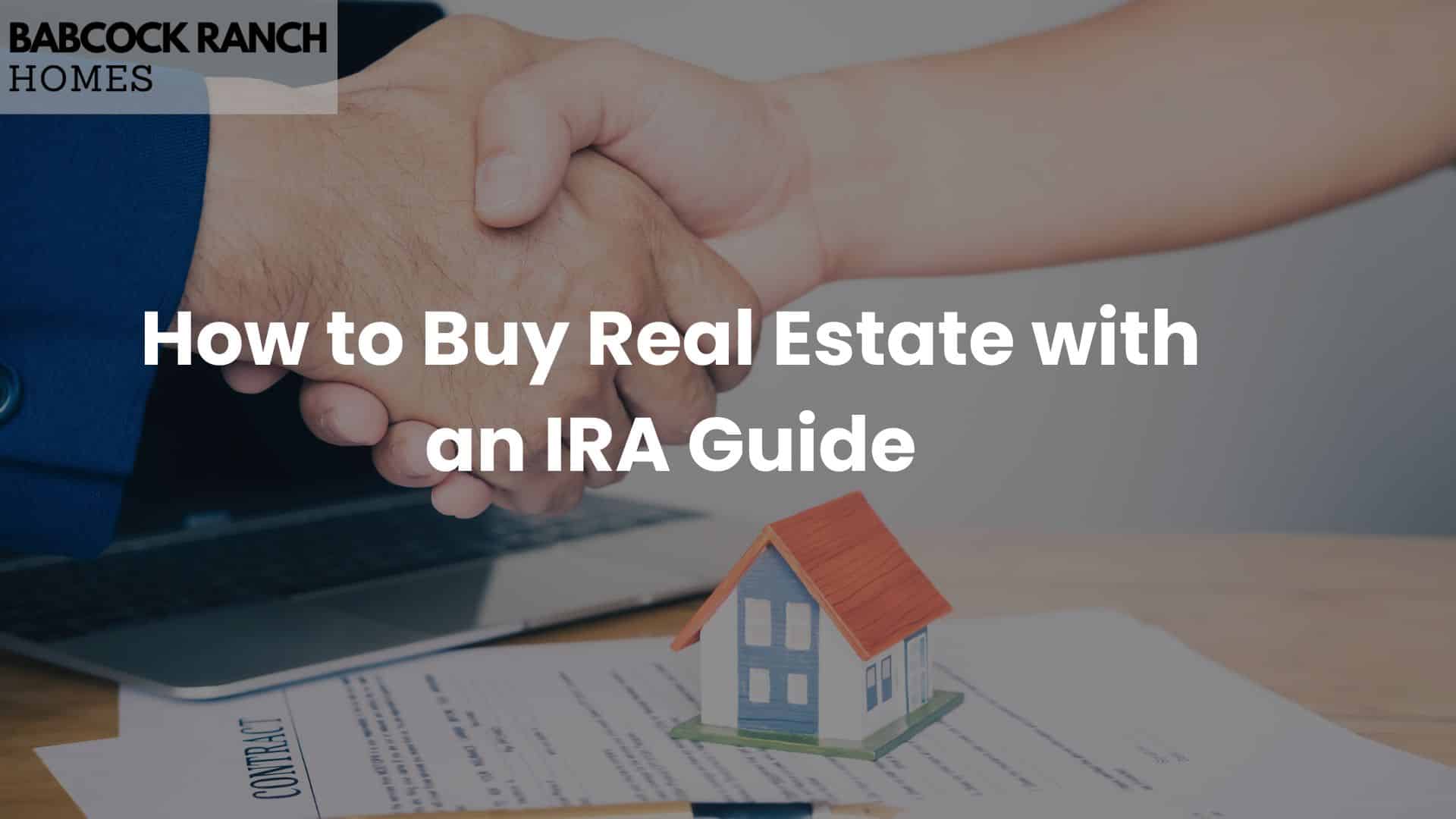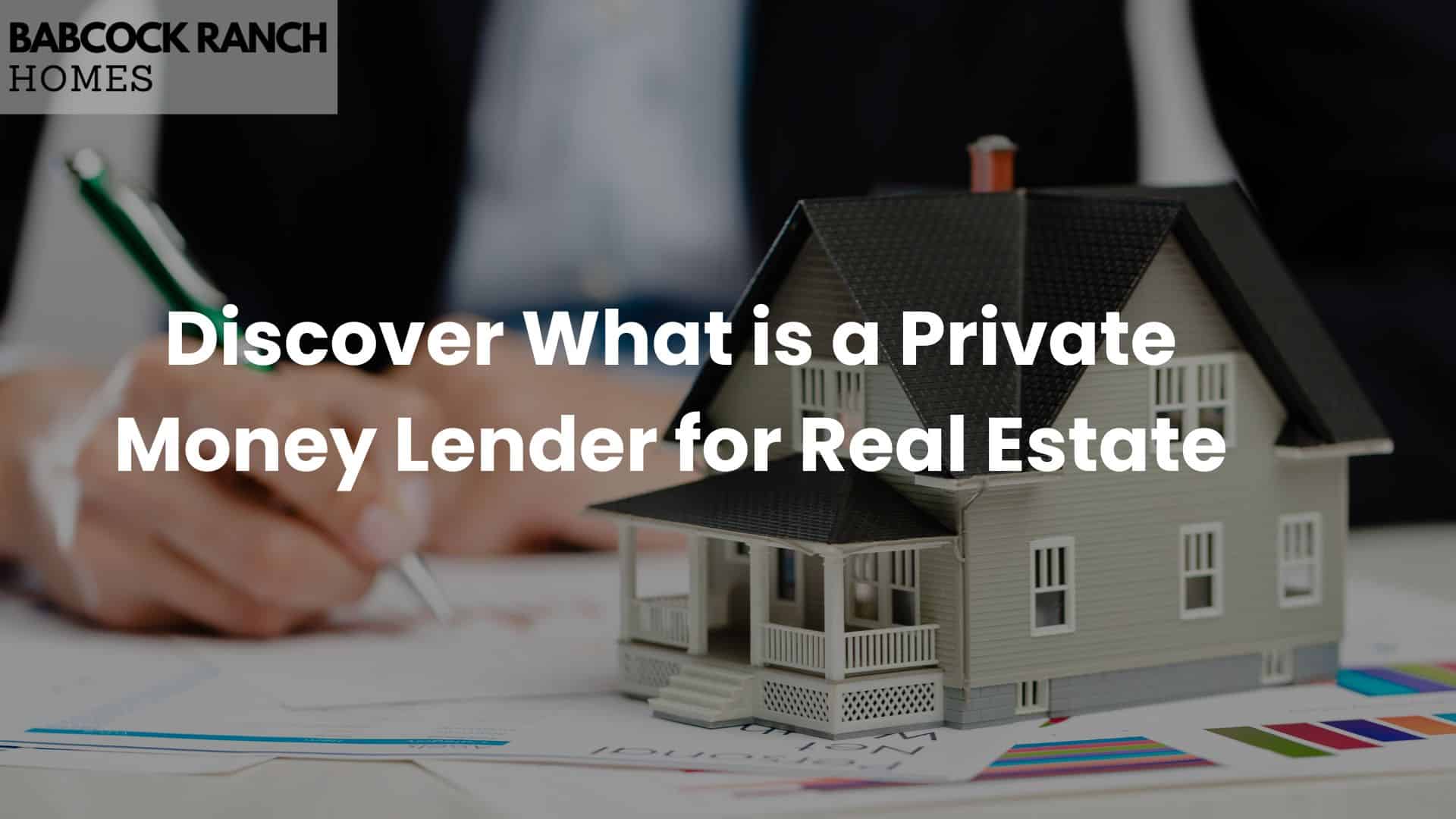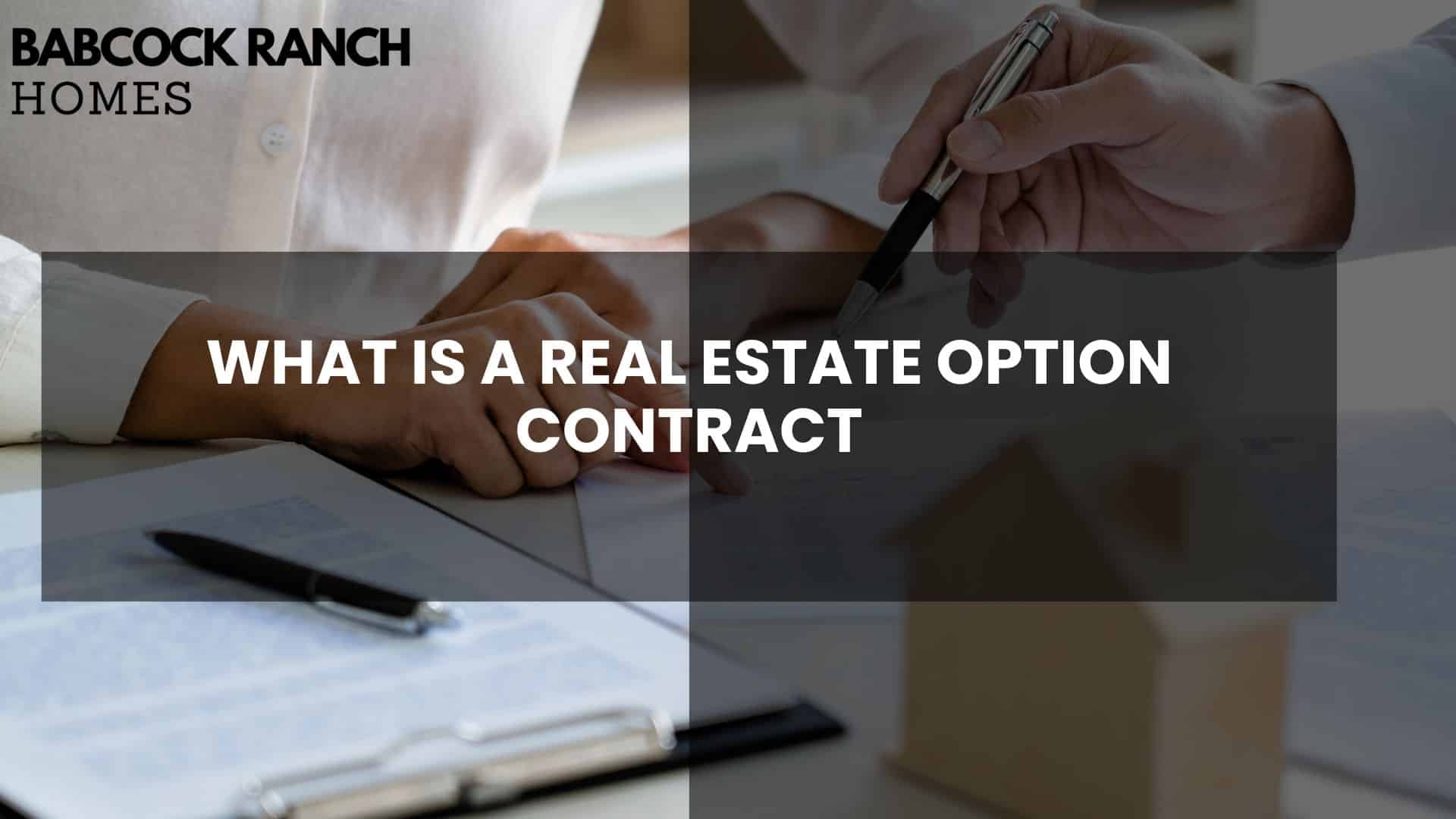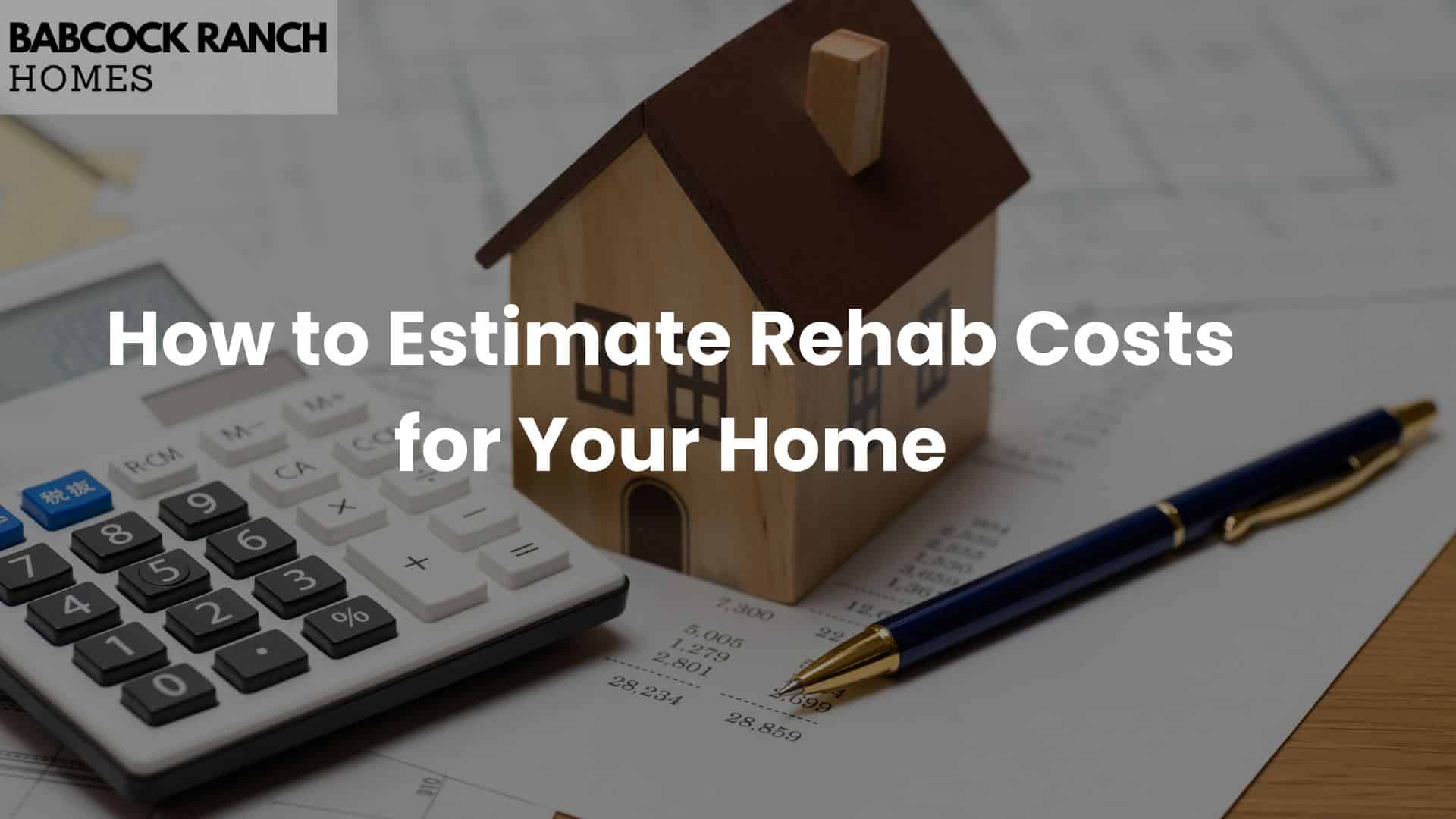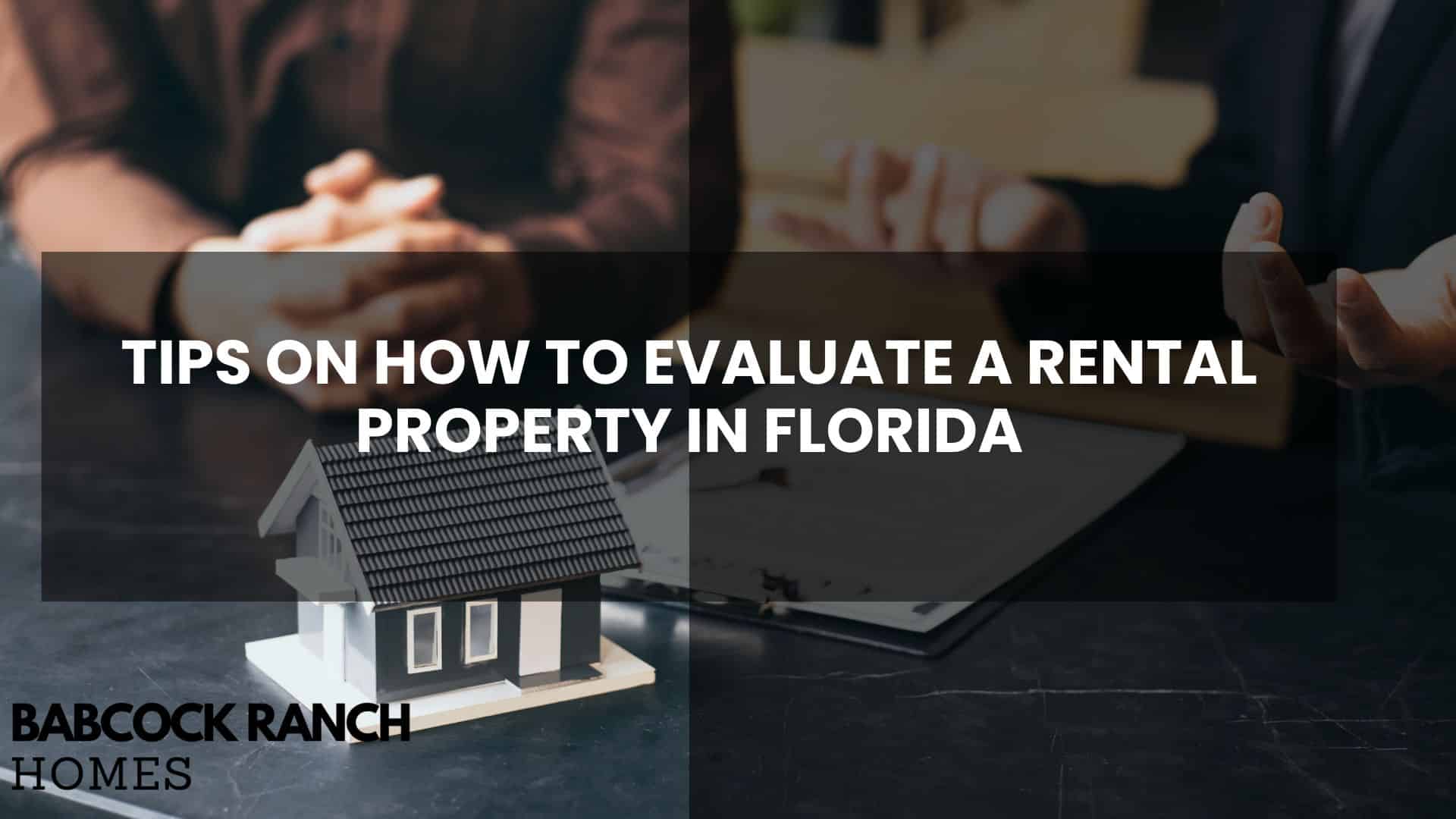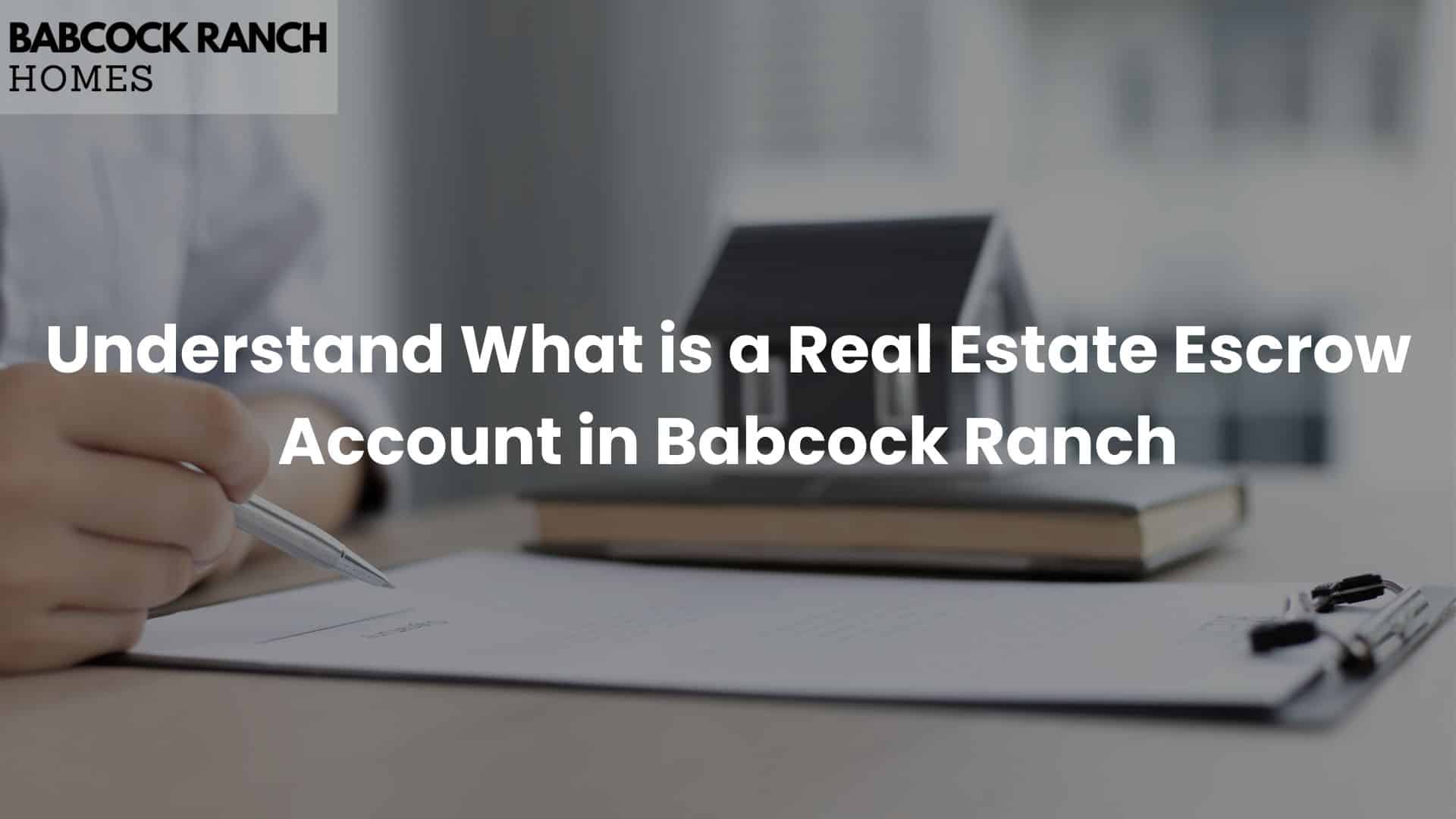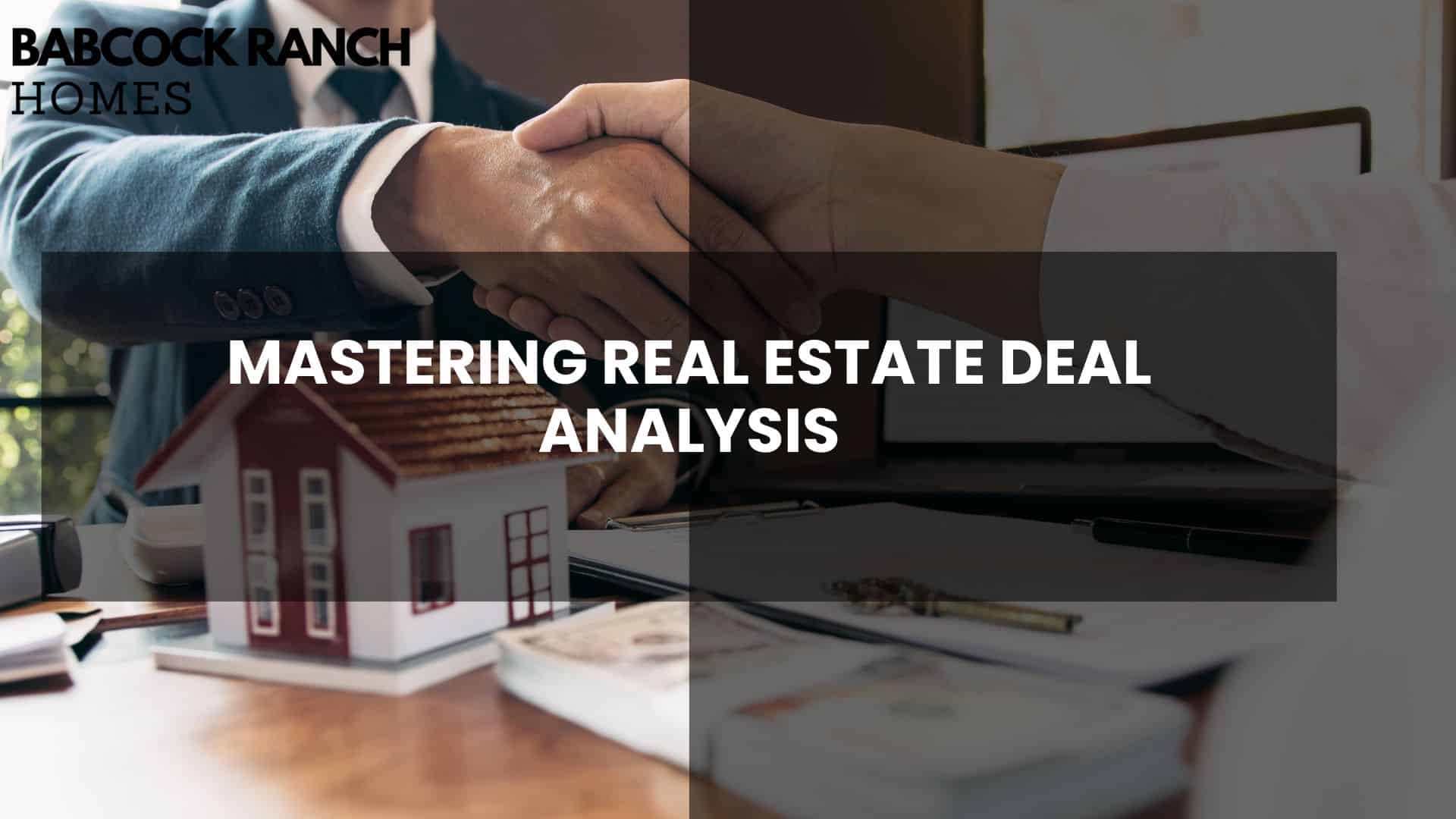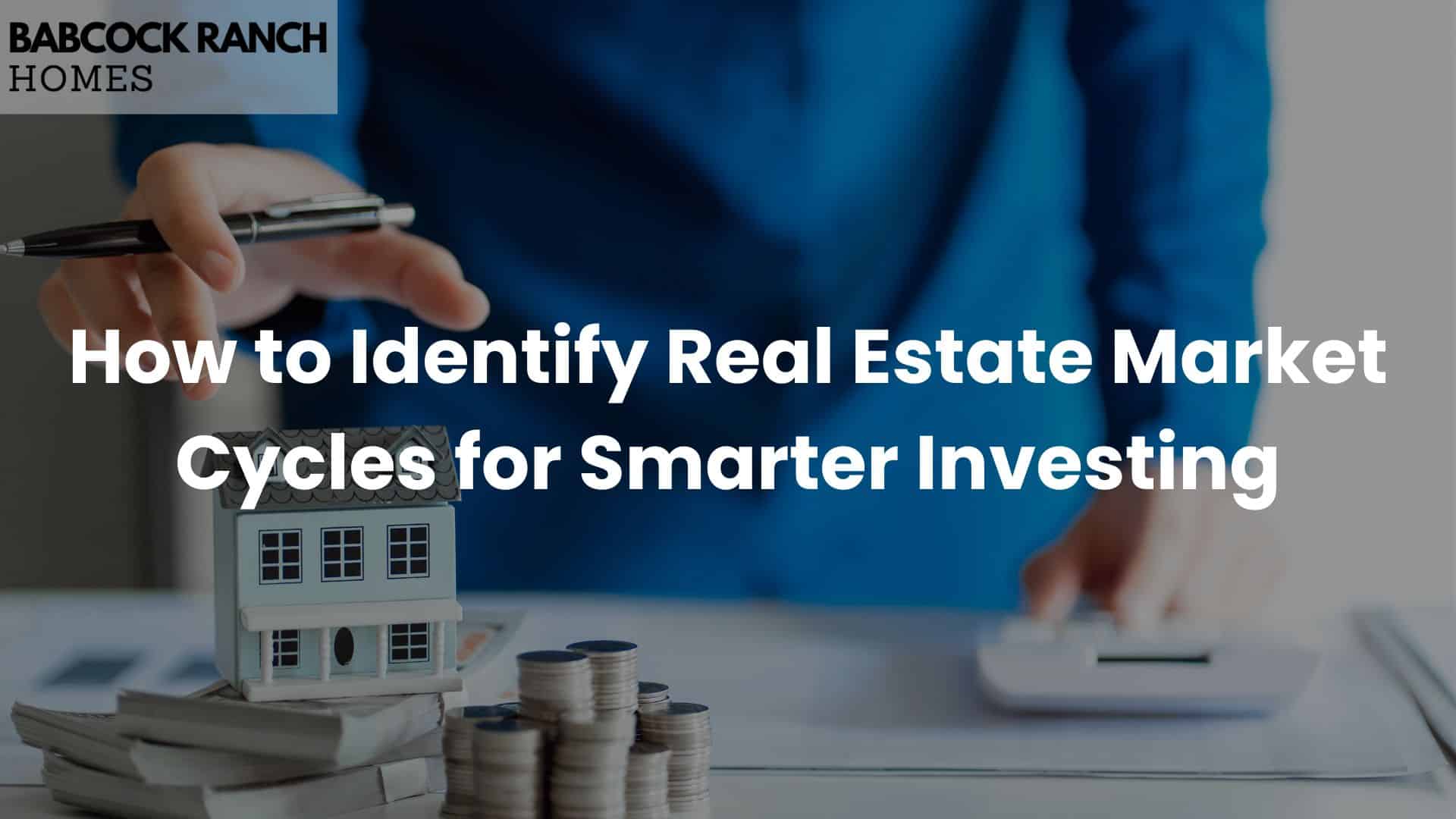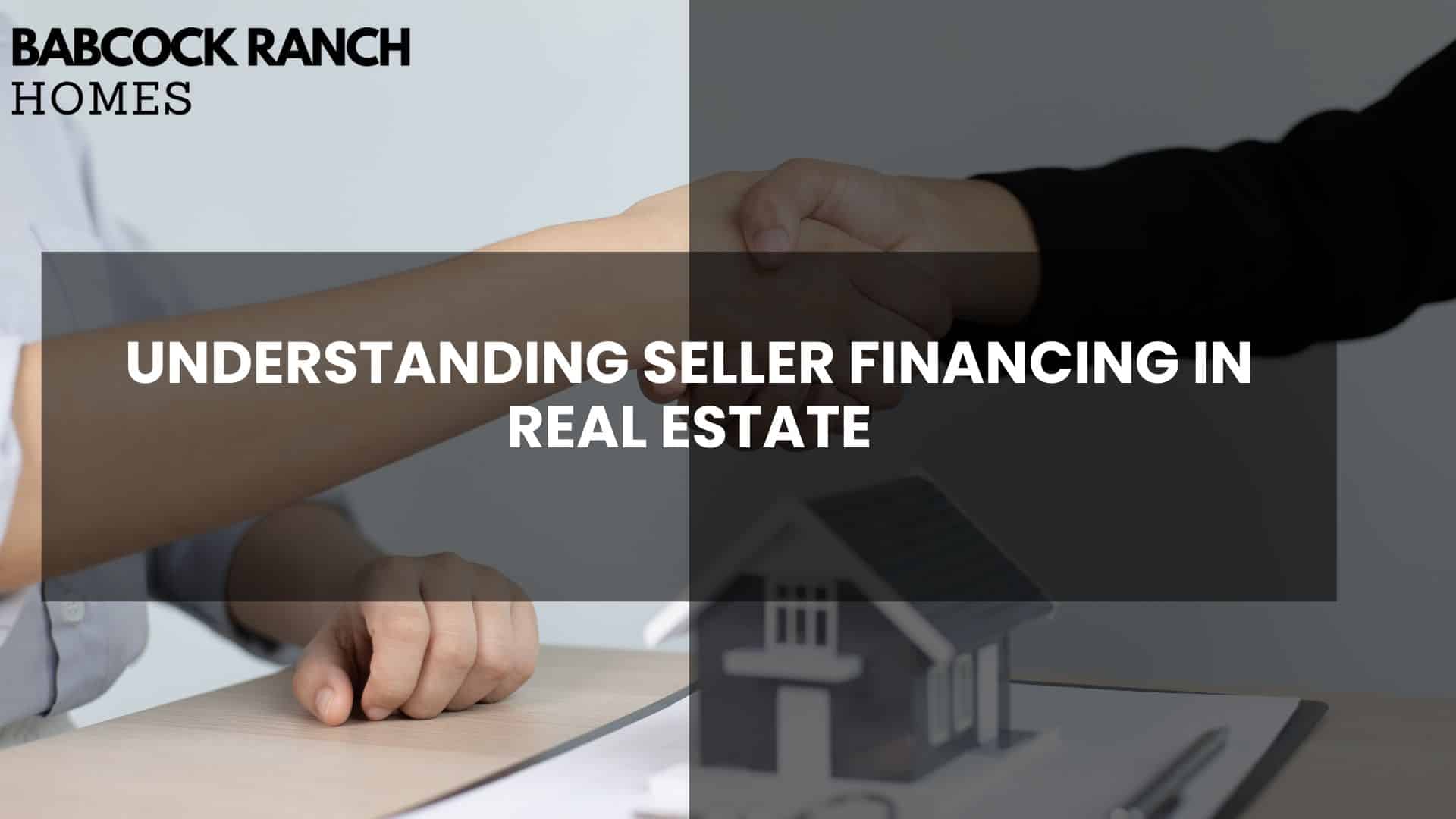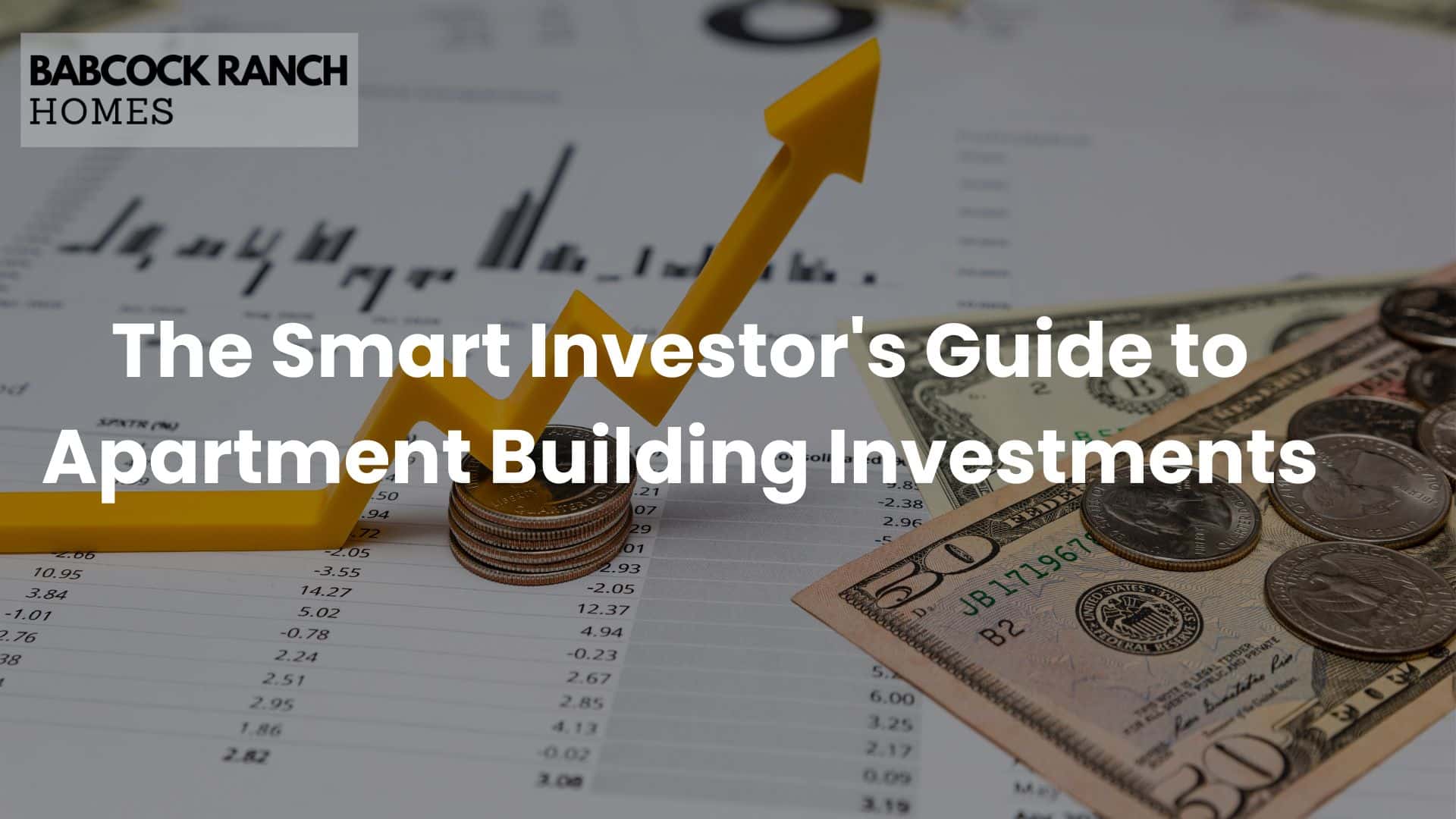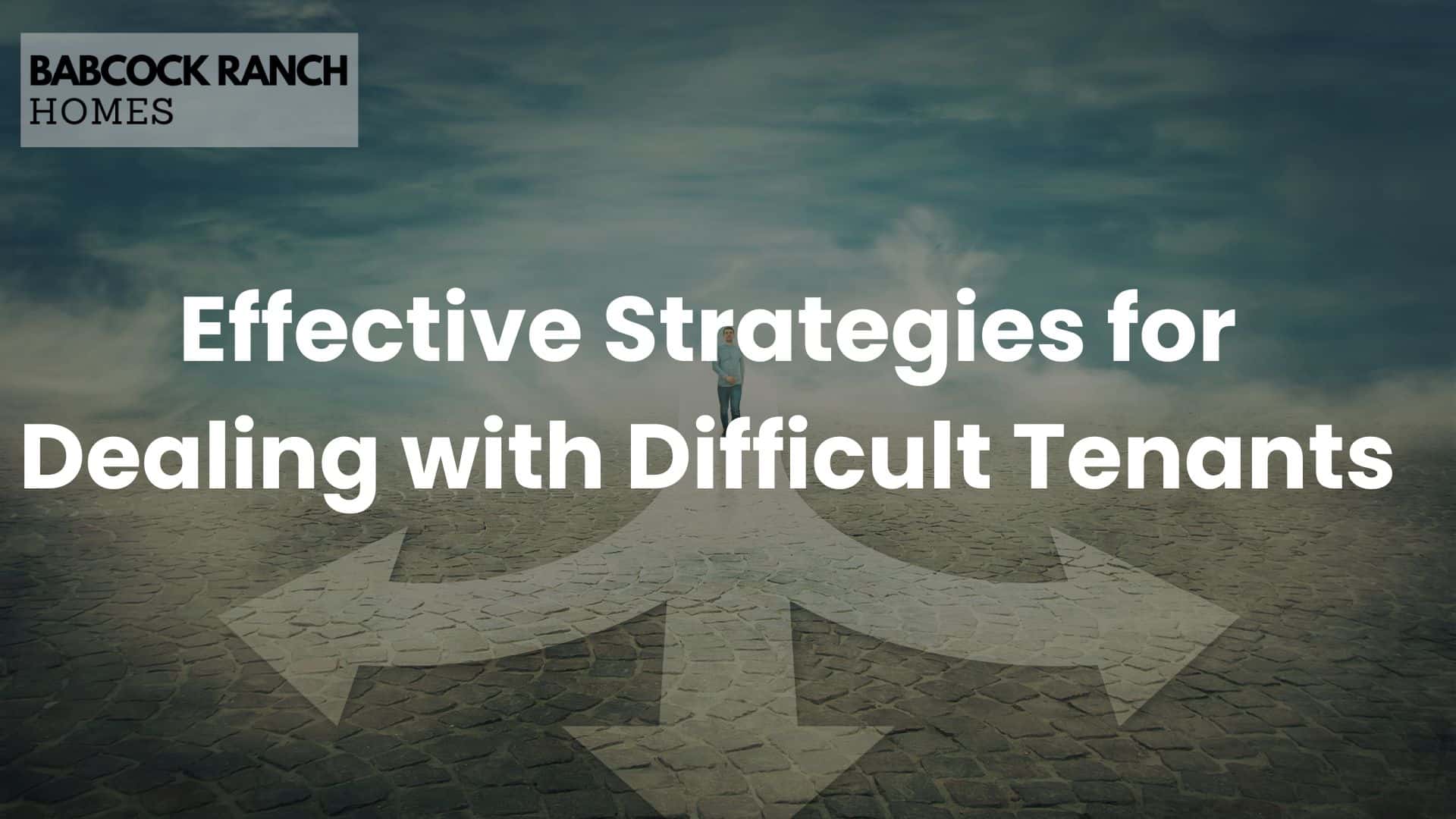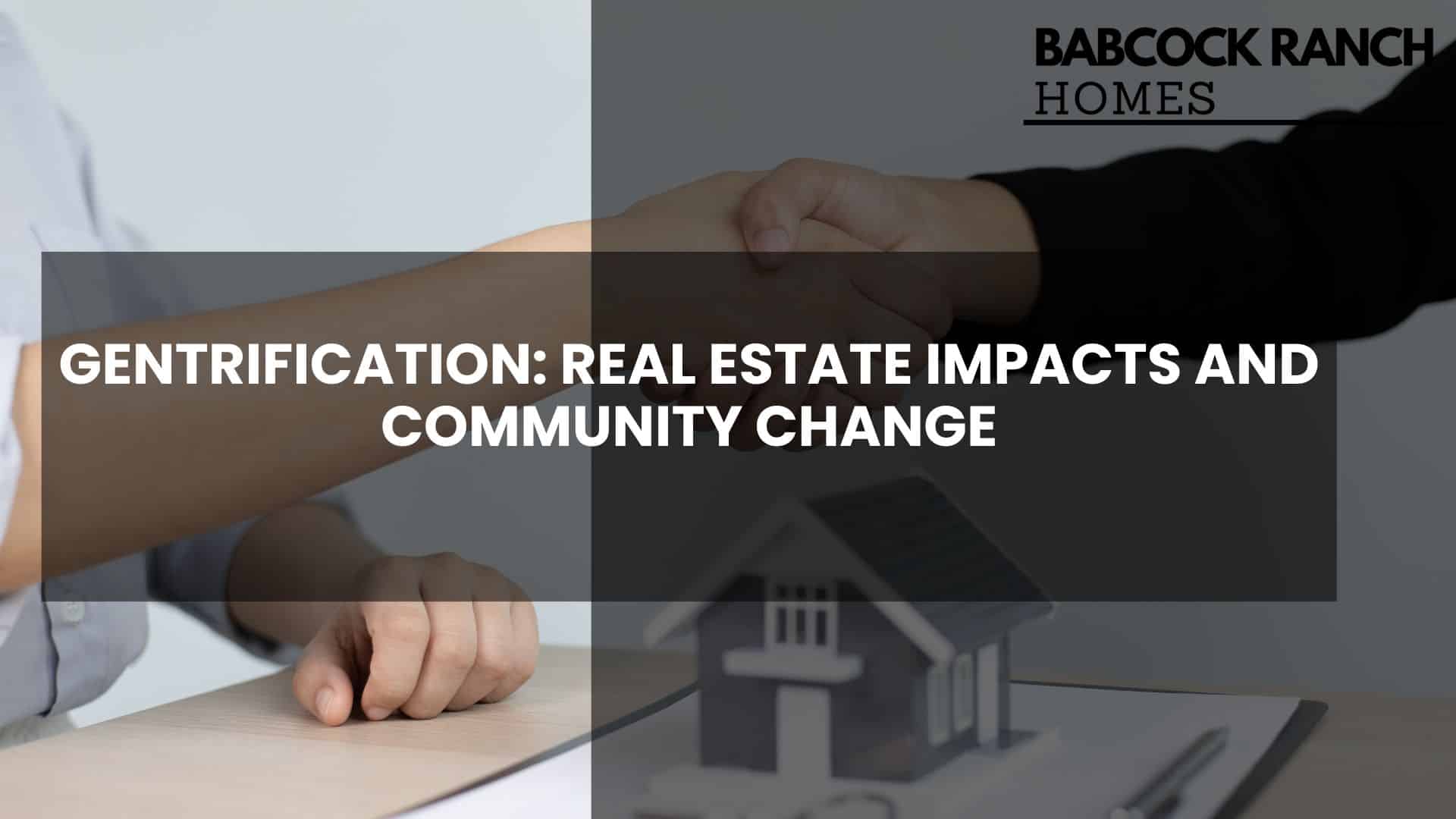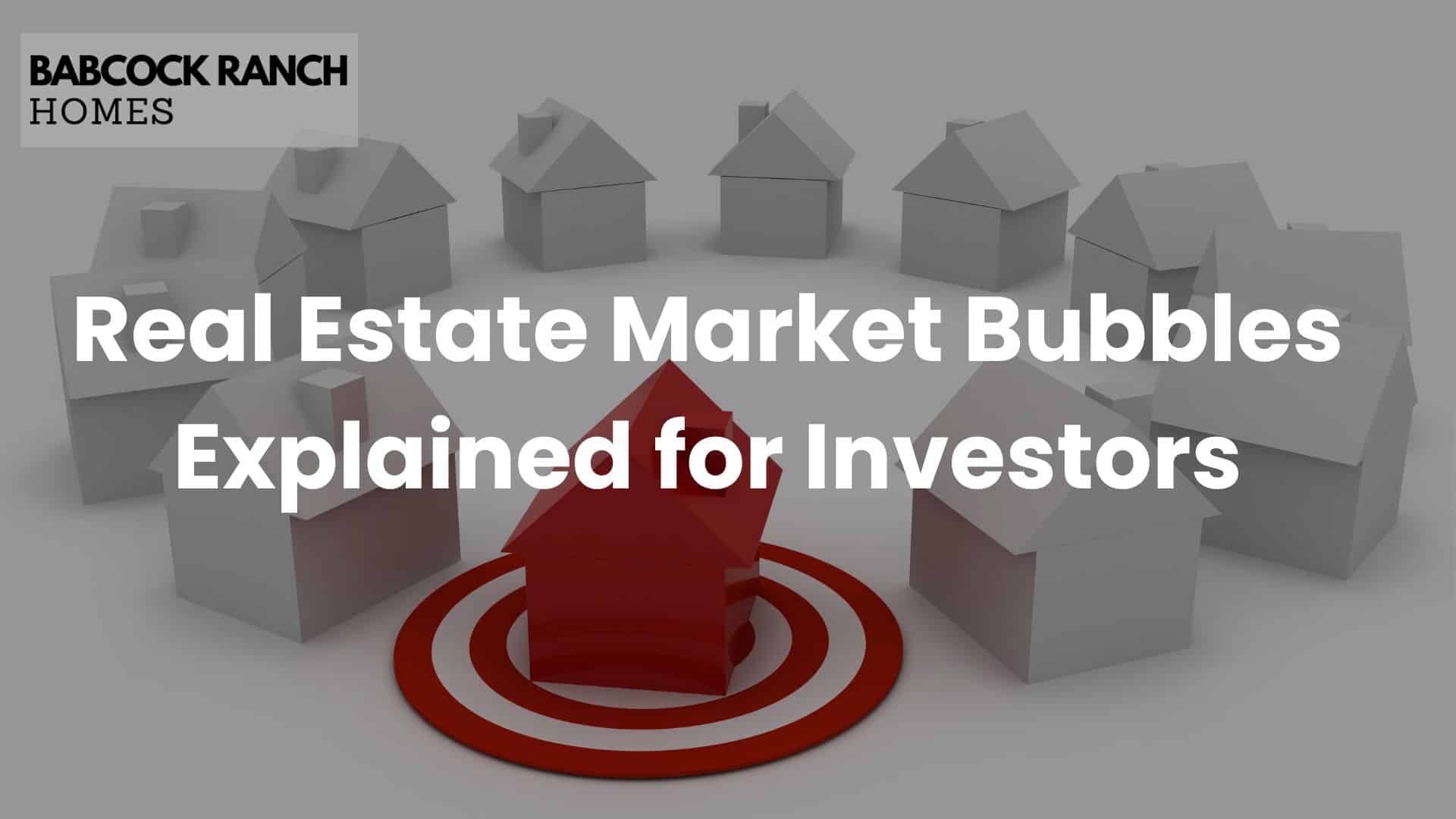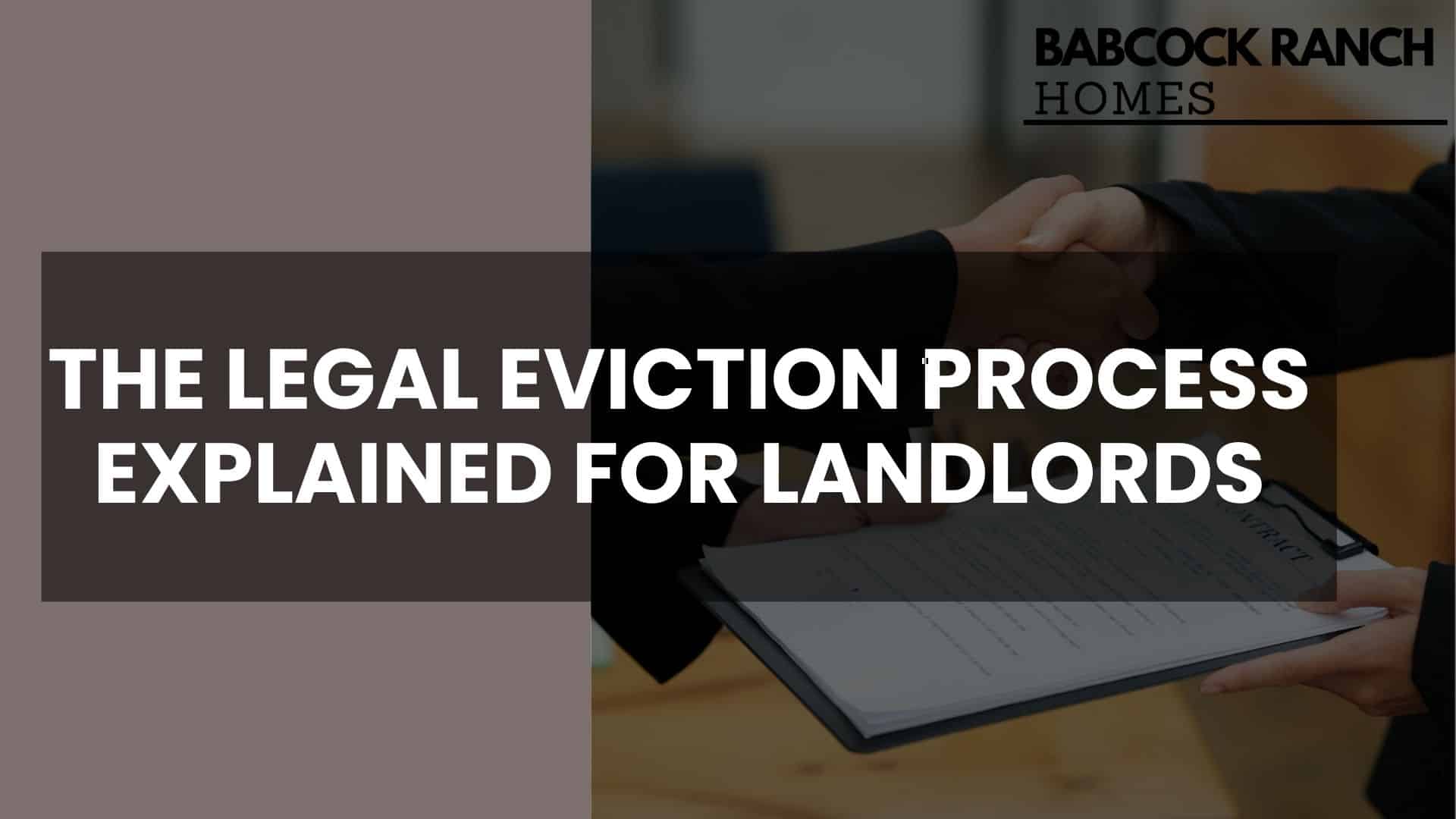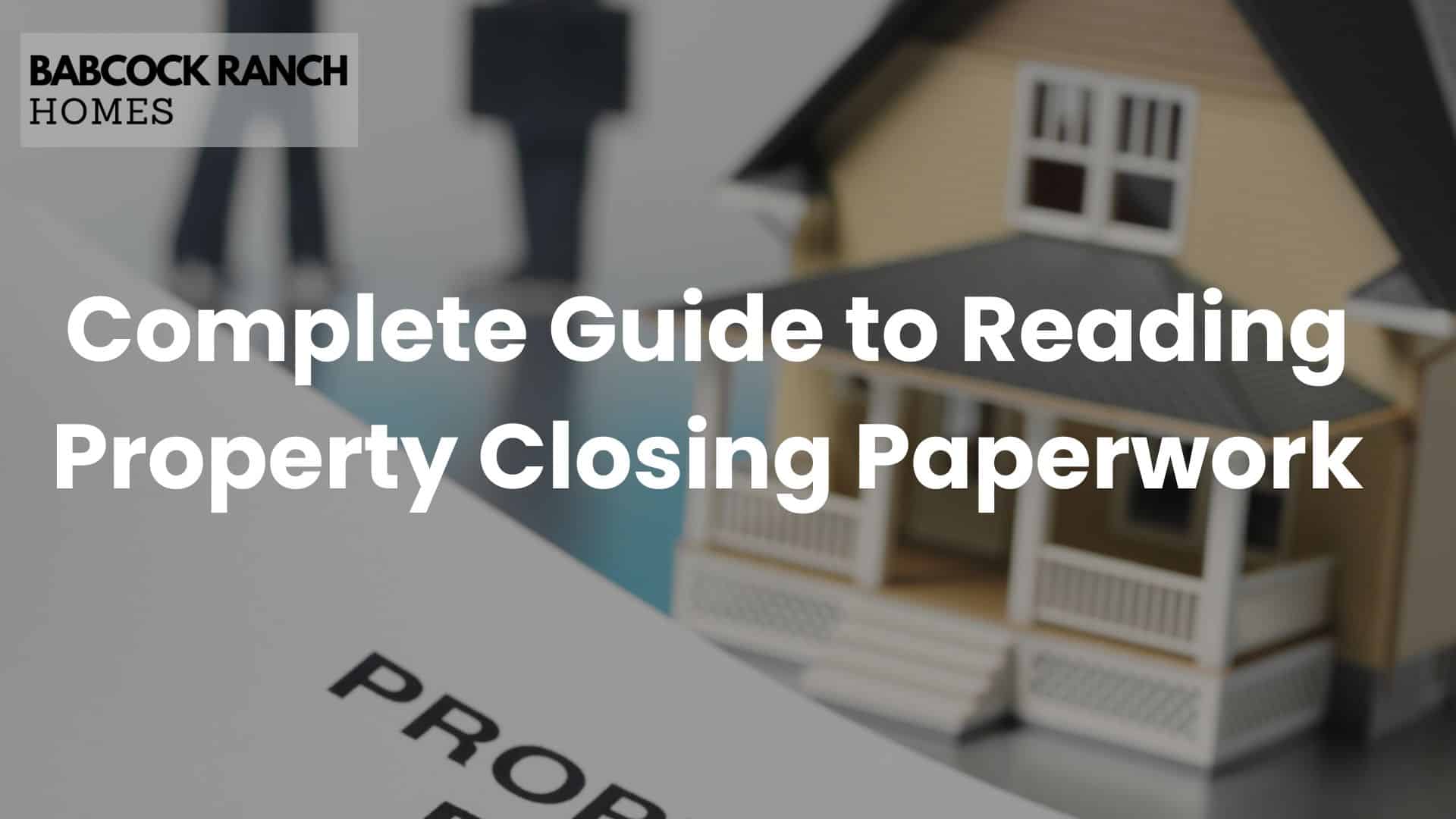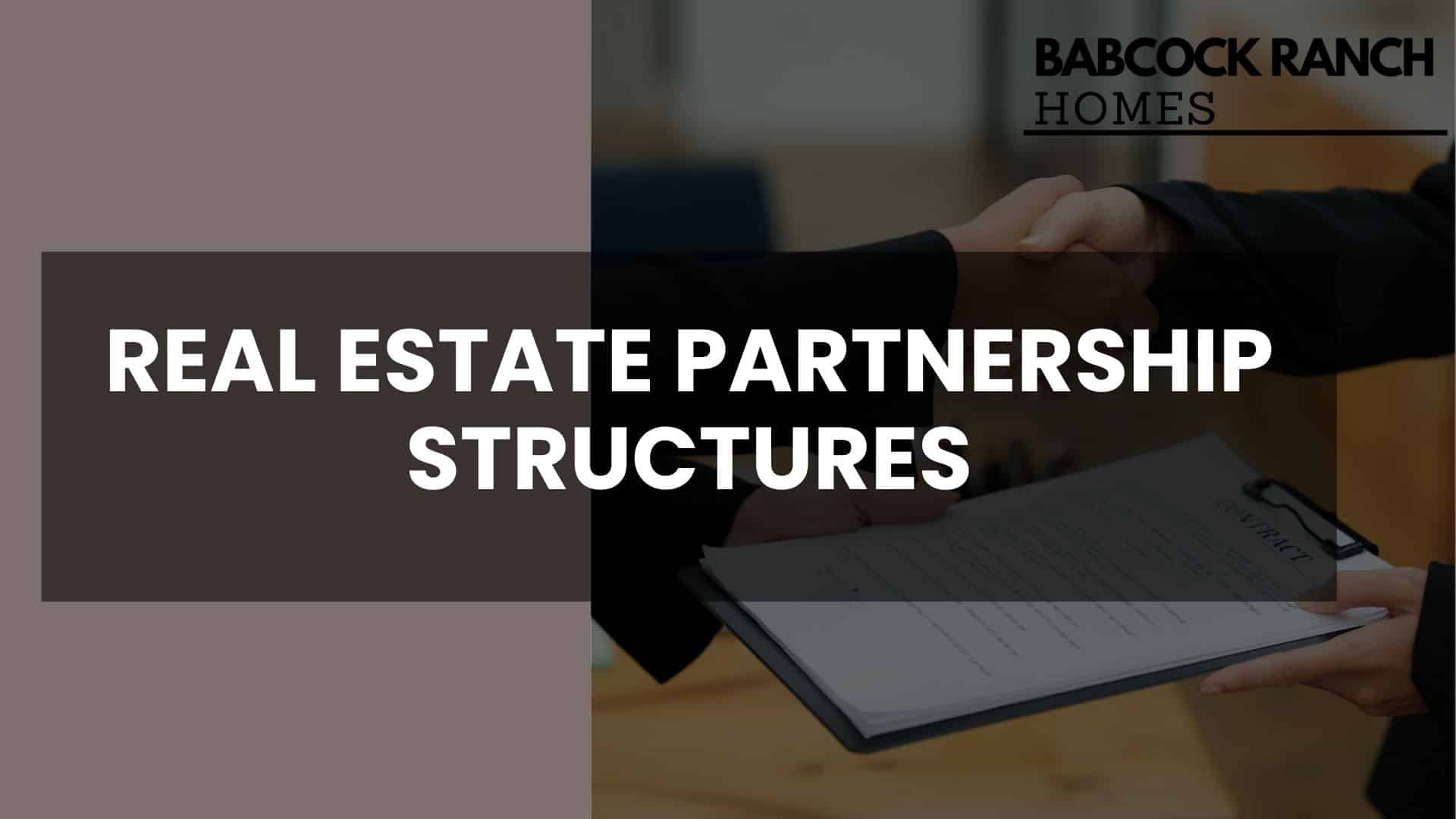Explore affordable housing with Babcock Ranch Homes. Mobile homes are a budget-friendly option for those looking to own a home. Our guide will help you understand how to buy a mobile home, with expert advice from Babcock Ranch, Florida.
Manufactured housing is a wise choice for first-time buyers and those wanting to save on housing costs. Mobile homes are much cheaper than traditional homes. They offer quality living spaces at a lower price.
Key Takeaways
- Manufactured housing offers an affordable alternative to traditional home ownership
- Mobile homes can be purchased for a fraction of traditional home costs
- Multiple financing options are available for future buyers
- Careful research and planning are key in the home buying process
- Location and site preparation are critical factors in mobile home purchasing
Understanding Mobile and Manufactured Homes
The prefab home world has changed a lot after World War II. Mobile homes and manufactured homes are two types of affordable housing. They have greatly influenced the American housing scene.
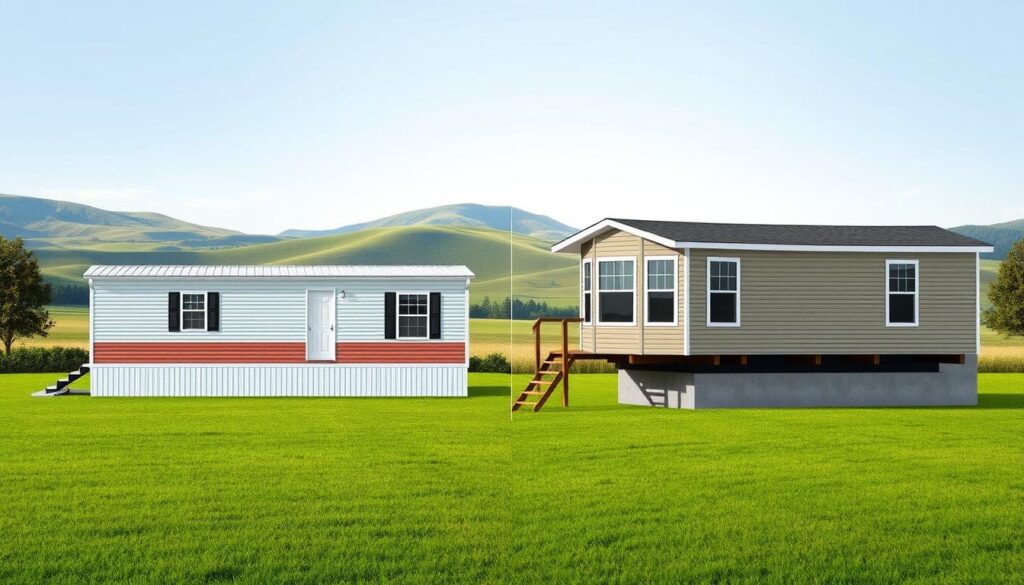
Mobile homes became popular for those wanting affordable living. A big change happened in 1974 with the National Mobile Home Construction and Safety Act. This act made housing standards stricter.
Mobile vs. Manufactured Homes: Key Differences
The main difference between mobile and manufactured homes is when they were built and their standards:
- Mobile homes were built before June 15, 1976
- Manufactured homes are built after 1976, following strict federal rules
- Today’s manufactured homes are safer and of better quality
HUD Code and Construction Standards
The HUD Manufactured Home Construction and Safety Standards started in 1976. These rules have made prefab homes better:
- They ensure all manufactured homes are of the same quality
- They make homes stronger
- They help homes use less energy
Types of Home Sizes Available
Now, manufactured homes come in many sizes to fit different needs:
| Home Size Category | Square Footage Range |
|---|---|
| Compact Homes | Under 1,000 sq. ft. |
| Standard Homes | 1,000 – 1,600 sq. ft. |
| Large Homes | 1,600 – 2,400 sq. ft. |
| Deluxe Homes | Over 2,400 sq. ft. |
The shift from mobile to manufactured homes is a big step forward. It offers better, more affordable housing for American families.
Benefits of Manufactured Home Ownership
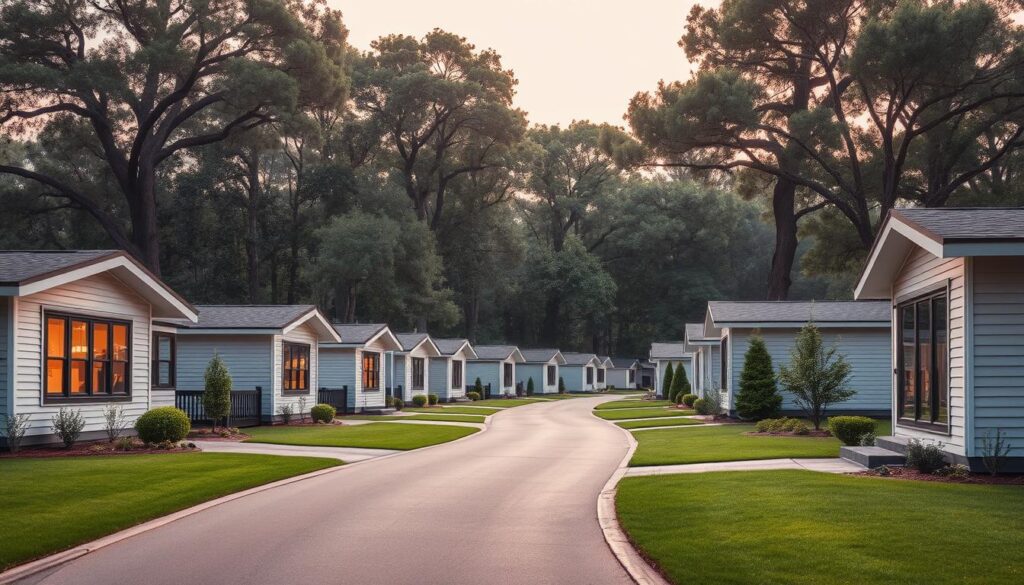
Manufactured homes are a big change in affordable housing. They offer a great option compared to traditional houses. These homes cost about $127,300, which is much less than the $540,000 for site-built homes.
These homes have many benefits. They are not just cheap. They also offer advantages that make them popular among budget-conscious buyers:
- Rapid Construction: Manufactured homes can be built in 2-3 months, much faster than traditional homes
- Lower Cost per Square Foot: They cost about $49 per square foot, compared to $107 for site-built homes
- Energy Efficiency: Many are Energy Star certified, which means they use less energy and save money on bills
- Customization Options: You can choose designs that fit your style and needs
Tiny homes and modular homes are also popular. Manufactured homes fit right in with these trends. They are great for many people, from first-time buyers to those who like simple living.
| Feature | Manufactured Homes | Traditional Homes |
|---|---|---|
| Average Construction Time | 2-3 months | 7-8 months |
| Average Price | $127,300 | $540,000 |
| Cost per Square Foot | $49 | $107 |
Homebuyers can use special financing like Freddie Mac’s CHOICEHome® mortgage. This mortgage is for qualified manufactured homes. With over 22 million people living in them, manufactured homes are a big part of the American housing market.
Determining Your Budget and Financing Options
Getting a mobile home loan needs careful planning. Affordable manufactured homes are a great way to own a home. Knowing your budget and financing plan is key to making your dream home a reality.
Buying a manufactured home comes with important financial steps. The right financing can greatly improve your home buying journey.
Down Payment Requirements
Down payments for manufactured homes usually range from 5% to 20% of the price. Buyers should consider these financial points:
- Minimum down payment: 10-20% for used mobile homes
- Potential low down payment options with select lenders
- 21st Mortgage Corporation offers programs with potentially no down payment for qualified buyers
Credit Score Considerations
Your credit score affects your mobile home loan chances. Most lenders have specific credit needs:
- Minimum credit score: 580 for basic qualification
- Preferred credit score: 620 or higher for better loan options
- Debt-to-income ratio should ideally be under 43%
Available Loan Types
Manufactured home buyers have several financing choices:
- Chattel loans: Shorter terms (15-20 years), higher interest rates
- Personal loans: Shorter terms ranging from 1-7 years
- Specialized manufactured home loan programs
Knowing these financing options helps you make a smart choice for your affordable housing. With careful planning and research, you can get the best terms for your mobile home purchase.
How to Buy a Mobile Home
Buying a mobile home is a smart choice for affordable housing. The average price of manufactured homes is around $127,250. This is much lower than traditional homes, which cost over $412,000.
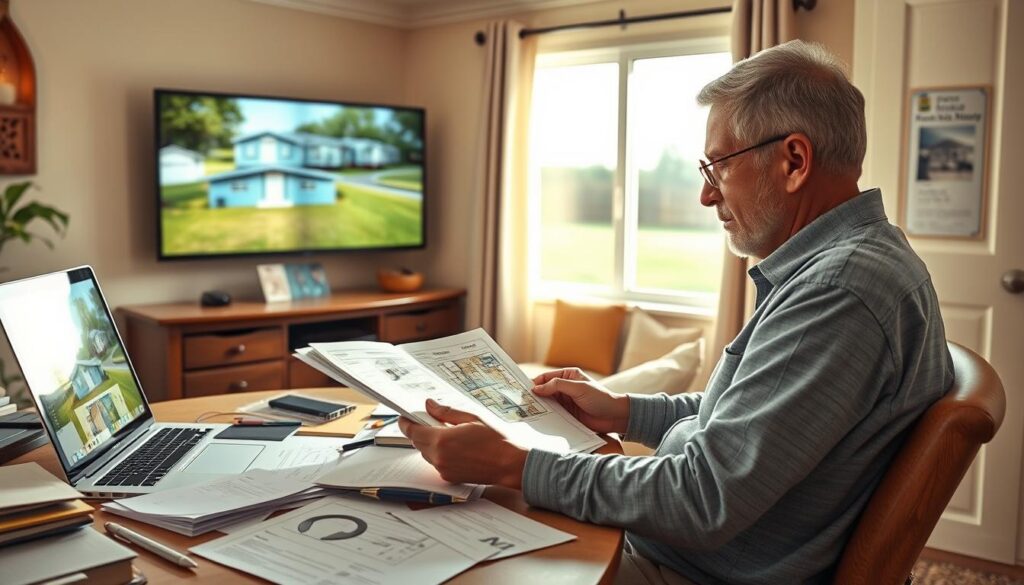
- Assess Your Housing Needs
- Determine desired home size (single-wide or double-wide)
- Consider family space requirements
- Evaluate long-term living goals
- Financial Preparation
- Check credit score (aim for 700+ for best rates)
- Explore financing options:
- FHA loans (6.45% interest)
- VA loans (up to 100% financing)
- Chattel loans (starting at 8% interest)
- Budget for down payment (as low as 3.5% with some loans)
- Select a Mobile Home Dealer
- Research reputable manufacturers
- Compare available models
- Request detailed price quotes
Choosing an experienced mobile home dealer can make things easier. They help with loan applications and explain HUD requirements. They also offer advice on different models and financing options.
Pro Tip: Always get a professional home inspection to ensure the manufactured home meets all HUD certification standards.
By doing your research and understanding the process, you can find the right mobile home. This choice will meet your housing needs and financial goals.
Choosing the Right Location
Finding the perfect spot for a manufactured home is key. It affects your life and your money. You can buy land or live in a mobile home park.
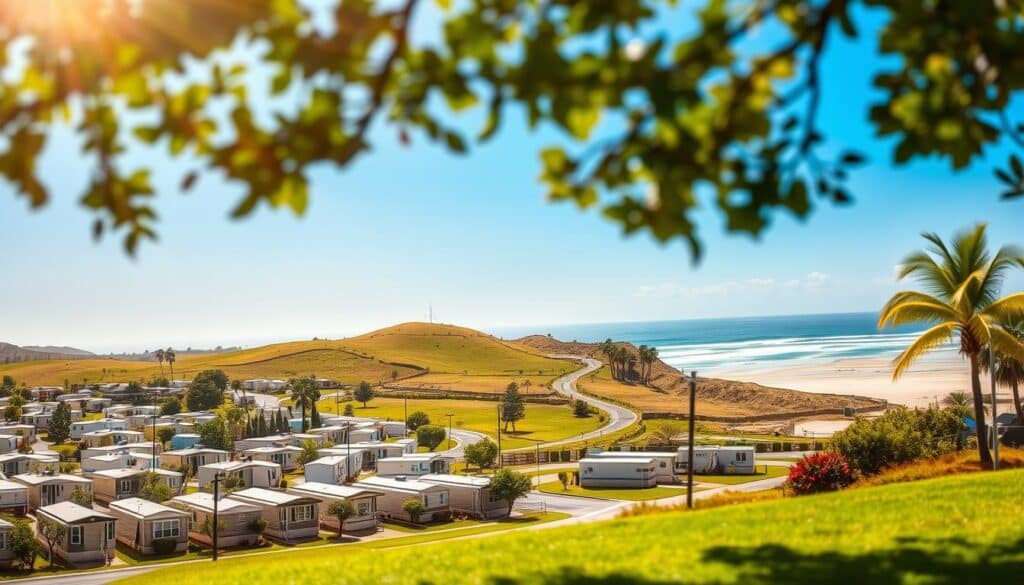
Mobile homes are now a smart choice for those on a budget. With traditional houses getting pricier, more people are turning to manufactured homes.
Private Land Considerations
- Land ownership can grow in value over time
- It needs a big upfront cost for utilities
- You get to make it your own and keep it private
- You must follow local zoning rules
Mobile Home Parks: Pros and Cons
Mobile home parks offer a different way to live. They have their own set of good and bad points.
| Aspect | Mobile Home Parks | Private Land |
|---|---|---|
| Initial Costs | Lower entry point | Higher investment |
| Utility Setup | Pre-established | Requires personal installation |
| Monthly Expenses | Ground rent + amenity fees | Property taxes + maintenance |
When looking at places for manufactured homes, think about your money, lifestyle, and future plans. Some parks are for older folks, while land gives you freedom.
Zoning and Legal Requirements
It’s important to know the local rules. Each area has its own laws about where you can put a manufactured home. You should:
- Check if you need a building permit
- See if there’s a minimum land size
- Find out about utility connections
- Understand property taxes
Pro tip: Talk to local officials and real estate agents who know about manufactured homes. They can help you understand the rules in your area.
Mobile Home Price Ranges and Costs
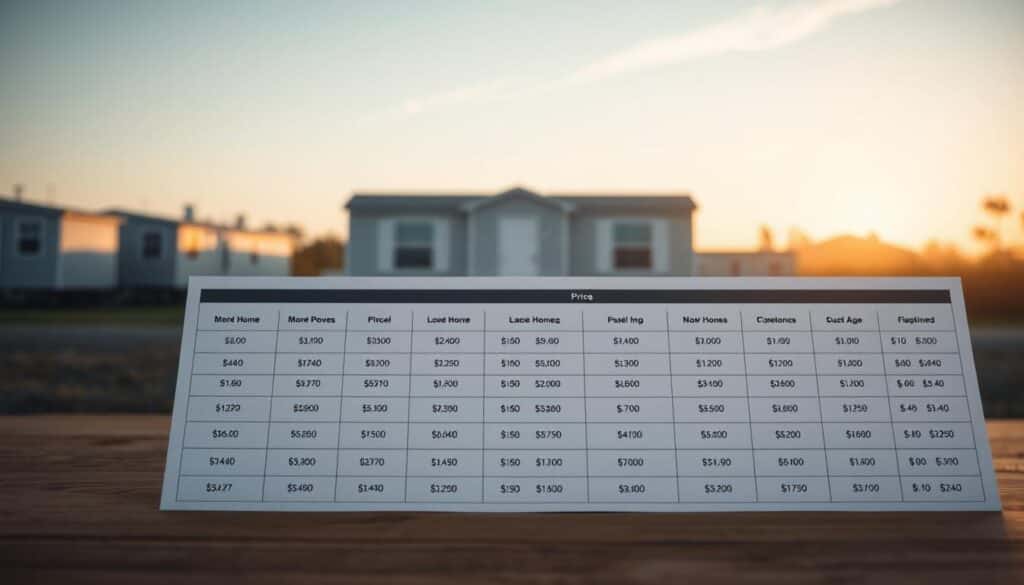
Mobile homes are a budget-friendly choice for many. Prices vary based on size, features, and where it’s located. This makes owning a home more possible for people.
Mobile home prices fall into three main groups:
- Single-wide homes: $60,000 to $90,000
- Double-wide homes: $120,000 to $160,000
- Triple-wide homes: $200,000 to $250,000+
But the total cost is more than just the price tag. Moving and setting it up add a lot to the cost.
| Cost Component | Price Range |
|---|---|
| Transport and Assembly | $2,000 – $14,000 |
| Site Preparation | $7,000 – $47,000 |
| Utility Connections | $8,500 – $32,500 |
| Permits and Fees | $7,500 – $28,500 |
Pro tip: Mobile homes are 40% cheaper than traditional houses. They’re a great choice for those watching their budget.
Think about ongoing costs too. Insurance costs $500 to $1,500 a year. Rent in a community can be $300 to $1,000 monthly. Plan for both the upfront and ongoing costs when looking at mobile homes.
Site Preparation and Installation Requirements
Getting a site ready for a manufactured home needs careful planning. The installation process is complex. It requires specific steps to ensure the home’s safety, stability, and long life.
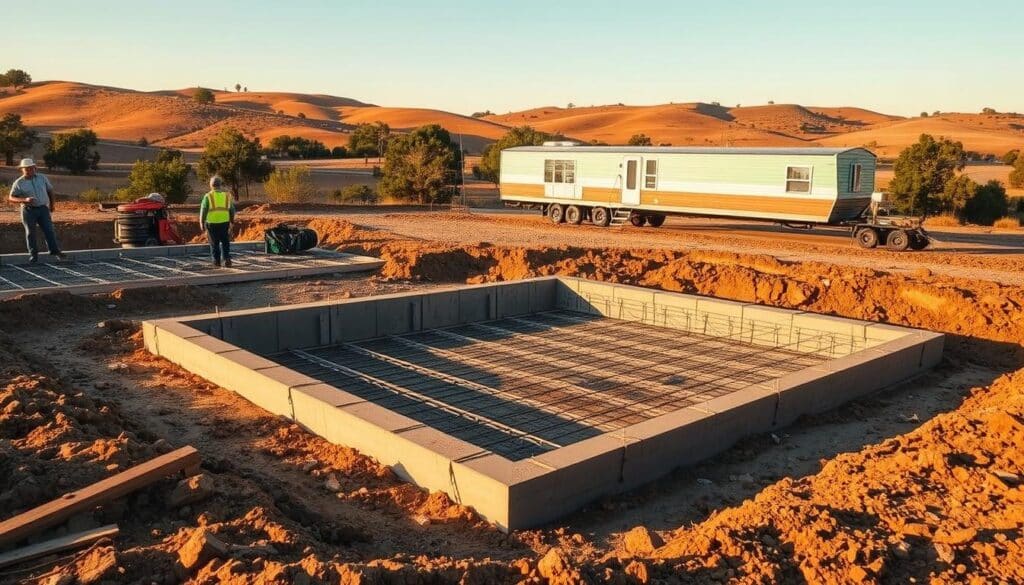
Several key factors affect the success of mobile home foundation and installation. Manufactured housing needs detailed site preparation. This ensures it works well and lasts long.
Foundation Requirements
Choosing the right mobile home foundation is key. Homeowners have a few options:
- Concrete slab foundations
- Pier and beam systems
- Block and footing foundations
Each foundation type has its own features and costs:
| Foundation Type | Estimated Cost | Best Suited For |
|---|---|---|
| Pier and Beam | $1,000-$2,000 | Areas with variable terrain |
| Concrete Slab | $6,000-$15,000 | Stable, flat ground |
| Basement | $12,000-$25,000 | Regions with cold climates |
Utility Connections
Proper utility connections are vital for manufactured housing. Important things to consider include:
- Electrical service connections
- Water and sewer systems
- Potential septic system installation
“Proper site preparation is the foundation of a successful mobile home installation.” – Manufactured Housing Expert
Permits and Inspections
Local rules require specific permits and inspections for home installation. Critical steps include:
- Obtaining local building permits
- Conducting soil tests
- Ensuring compliance with HUD installation standards
- Scheduling final site inspection
Homeowners should plan to spend $1,500 to $3,000 for site preparation and installation. Good preparation helps avoid expensive problems later.
Customization Options and Floor Plans
Looking into mobile home floor plans opens a world of personal touches for homebuyers. Today, manufactured homes offer more customization than ever before. This lets buyers create their ideal living space. Prefab homes come with a wide range of designs to fit different lifestyles.
Homes Direct is a leader in the market, with a vast array of customizable options:
- 481 manufactured home models available for personalization
- 531 unique mobile home floor plans
- Models ranging up to 70 feet in width and length
Buyers can make their homes special with amazing features:
| Room | Customization Options |
|---|---|
| Kitchen | Large islands, stainless steel appliances, granite countertops |
| Bathroom | Tile showers, jetted tubs, modern faucets, double sink vanities |
| Living Room | Gas log fireplaces, surround sound systems, coffered ceilings |
Buyer Tip: Customizing your home is exciting, but think about the downsides. Custom homes might lose value faster and need extra time and local approvals.
Clayton home models offer great personalization. Buyers can change:
- Cabinets and paint colors
- Flooring materials
- Built-in features
- Storage solutions
Professional home consultants help buyers choose and customize their perfect home. Online tools make it easy to find model details and upgrade options.
Working with Manufactured Home Dealers
Finding the right mobile home dealer is key in the world of manufactured housing. These experts help buyers understand the process of buying a mobile home. With over 22 million people living in these homes in the U.S., choosing the right dealer is important.
Different types of manufactured home dealers offer unique benefits:
- Independent Dealers: Often provide the lowest prices
- Factory-Direct Dealers: Offer larger inventory and more customization options
- Corporate Dealers: Provide a wide range of inventory and financing solutions
When picking a mobile home dealer, consider these important factors:
- Check the dealer’s reputation and customer reviews
- Look into their financing options
- Understand their inventory and customization options
- Make sure they know local zoning rules
“The right dealer can make your manufactured housing journey easy and smooth.”
Financing is a big deal when working with a manufactured home dealer. Corporate and factory-direct dealers usually have better financing options than independent dealers. Some dealers specialize in buying mobile homes with land, which can save money and make the process easier.
Your mobile home dealer should help you from start to finish. They should make sure you have a smooth and informed buying experience.
Timeline for Purchasing and Installation
Buying a mobile home involves a detailed timeline from start to finish. The journey has many steps that need careful planning and patience.
The process of buying a manufactured home usually takes 6-8 weeks. Homebuyers should get ready for a series of events that make their dream home a reality.
Ordering Process Breakdown
When you start buying a mobile home, you’ll go through several key stages:
- Initial home selection and customization
- Financing approval
- Design confirmation
- Production scheduling
- Final contract signing
Delivery and Setup Timeline
Getting a manufactured home delivered and set up needs careful planning. Here’s what you can expect:
- Site preparation: 1-2 weeks
- Foundation installation: Approximately 14 days
- Home transportation: 3-5 days
- Final setup and connections: 5-7 days
“Successful mobile home purchasing requires patience and detailed planning.” – Manufactured Housing Institute
Things that can change the timeline include how custom the home is, the manufacturer’s schedule, and the site’s needs. Buyers should stay flexible and keep in touch with their manufacturer.
Insurance and Warranty Considerations
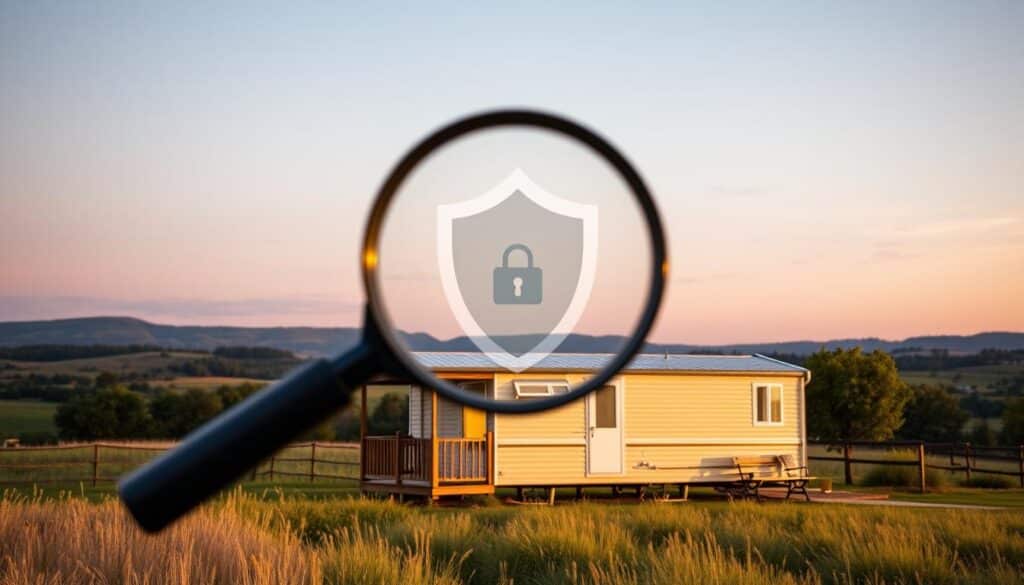
Protecting your manufactured home is key. You need to think about insurance and warranties. Mobile home insurance is different from regular homeowner’s insurance. It’s important to know what your home needs.
Warranties for manufactured homes are a good idea. They cost about $500 a year. This can save you a lot of money on big repairs. Often, one big repair can cost more than the warranty fee for a whole year.
- Mobile home warranties usually cover:
- Major appliances
- Home systems
- Electrical components
- Plumbing infrastructure
When picking a mobile home warranty, look at these top providers:
- American Home Shield (covers 21 appliances)
- Choice Home Warranty (48-hour repair response)
- Liberty Home Guard (plans starting at $50 monthly)
- Select Home Warranty (budget-friendly options)
Mobile homes have their own insurance needs. They use HO-7 policies. These policies cover risks like damage during transport and special environmental issues.
Important things to know about warranties include:
- They don’t cover pre-existing damages
- They don’t cover routine maintenance
- They don’t cover cosmetic issues
Pro tip: Many warranties can be transferred. This might make your home more valuable. Also, getting multiple policies can lower your insurance costs a lot.
Additional Costs to Consider
Buying a manufactured home is more than just the upfront cost. Homebuyers need to know about all the extra costs. These can really affect your long-term budget.
Some important extra costs for mobile home owners include:
- Property Taxes: These vary based on where you live and the home’s value
- Lot Rent: This can be anywhere from $200 to $1,000 a month
- Utility Connections: You’ll have to pay for the initial setup and then monthly
- Maintenance and Repairs
- Insurance Premiums
When it comes to manufactured homes, there are a lot of costs to think about. Transportation and setup expenses are big ones. Moving a mobile home can cost between $5,000 and $13,000, depending on how far it goes and how big it is. Setting it up can cost between $1,000 to $5,000.
Insurance is another big expense. Mobile home insurance can cost between $300 and $1,100 a year. You should also plan for unexpected repairs, which can happen more often as the home gets older.
Where you live also affects costs. Cities usually have higher lot rental fees and property taxes than rural areas. Knowing these costs helps buyers make better choices about owning a manufactured home.
Smart budgeting is the key to successful manufactured home ownership.
Selecting a Reputable Manufacturer
Choosing the right manufactured home manufacturer is key to quality and satisfaction. The market has many options. Top makers focus on high HUD Code compliance and standards.
- Warranty coverage and duration
- Compliance with HUD Code requirements
- Manufacturing experience and reputation
- Customer satisfaction ratings
- Range of available home designs
Quality Standards to Examine
Top names like Clayton Homes, Champion Homes, and Skyline Homes stand out. They go beyond basic standards, with innovative designs and top craftsmanship.
Look for these quality signs:
- Factory-controlled production environments
- Thorough quality checks
- Modern building methods
- Energy-saving designs
Customer Reviews and Ratings
Check out online reviews and forums for customer feedback. Look for comments on durability, service, and overall satisfaction.
Pro Tip: Ask for references and talk to past customers for real insights into a manufacturer’s reputation.
Clayton Homes, for example, has won the “Manufacturer of the Year” award for seven years. They lead the way in manufactured home excellence.
Conclusion
Buying a mobile home is a smart choice for affordable housing for many Americans. With about 22 million people living in them, mobile homes are becoming more popular. To buy one, you need to do your homework, plan well, and know about manufactured housing.
Buying a mobile home is both thrilling and challenging. You should think about where it’s located, how to finance it, and its long-term value. Even though mobile homes often lose value, owning the land can help keep your investment strong.
Babcock Ranch Homes is here to help you on this journey. Our team is dedicated to guiding families through the world of manufactured housing. We offer personalized support to help you achieve your dream of homeownership. For expert advice and more information, call our specialists at 518-569-7173 in Babcock Ranch, Florida. Your affordable housing solution is just a call away.
Buying a manufactured home is a big step towards your future. Take the time to learn about the market, look at your options, and make a choice that fits your life and budget.

